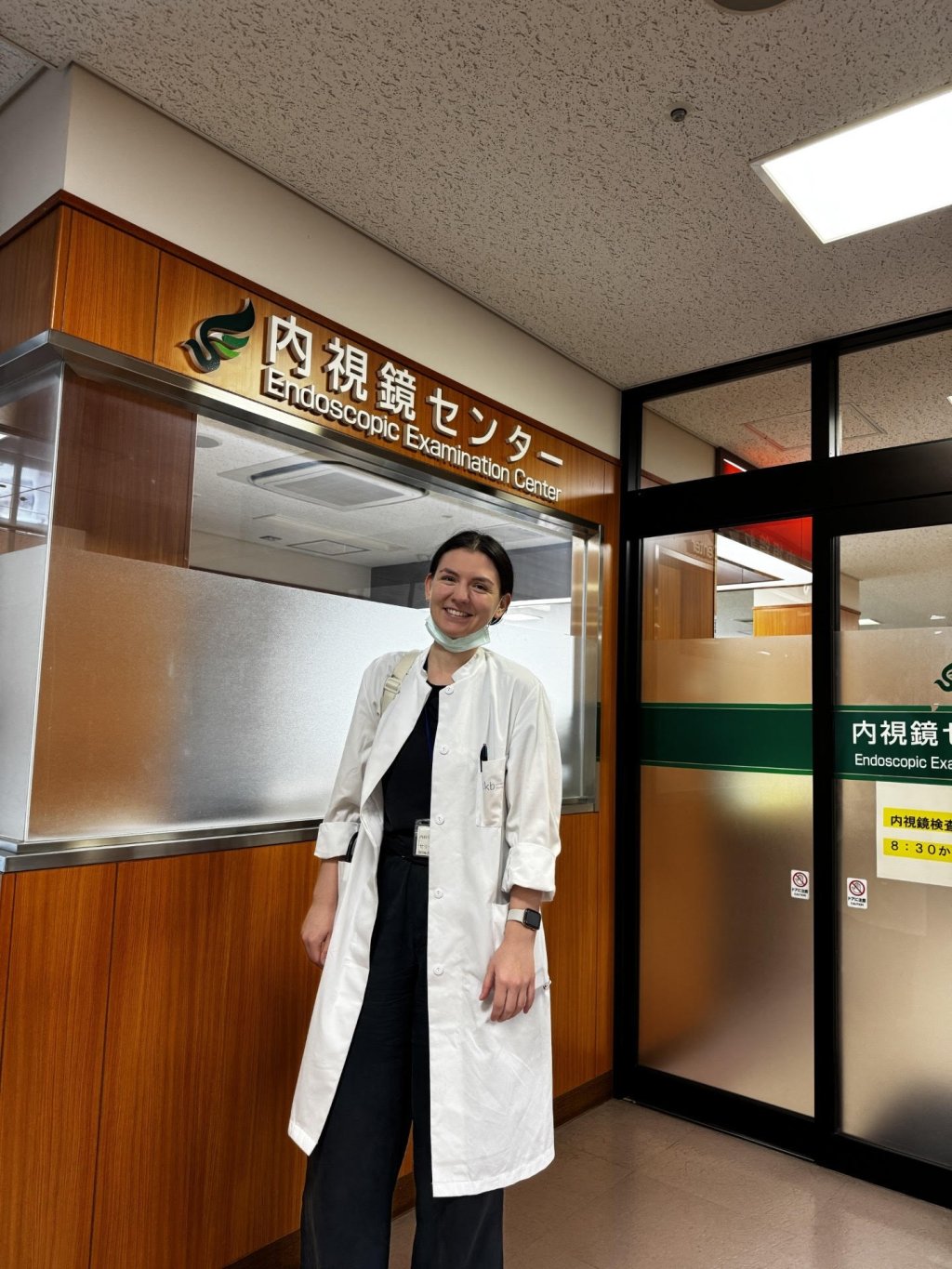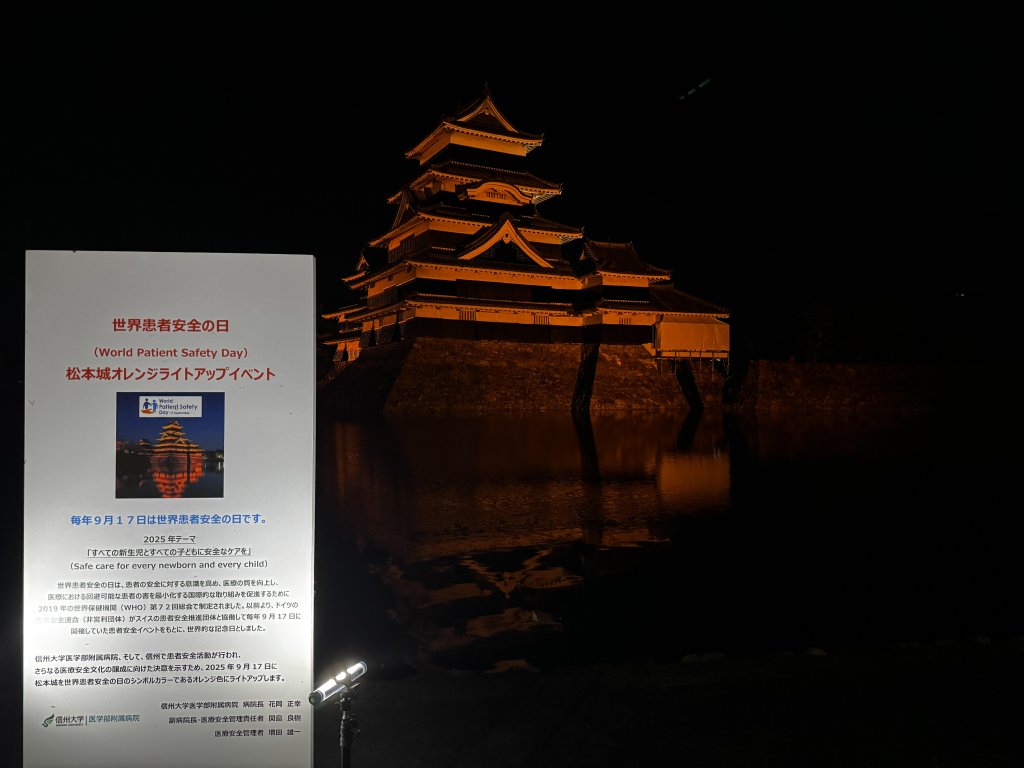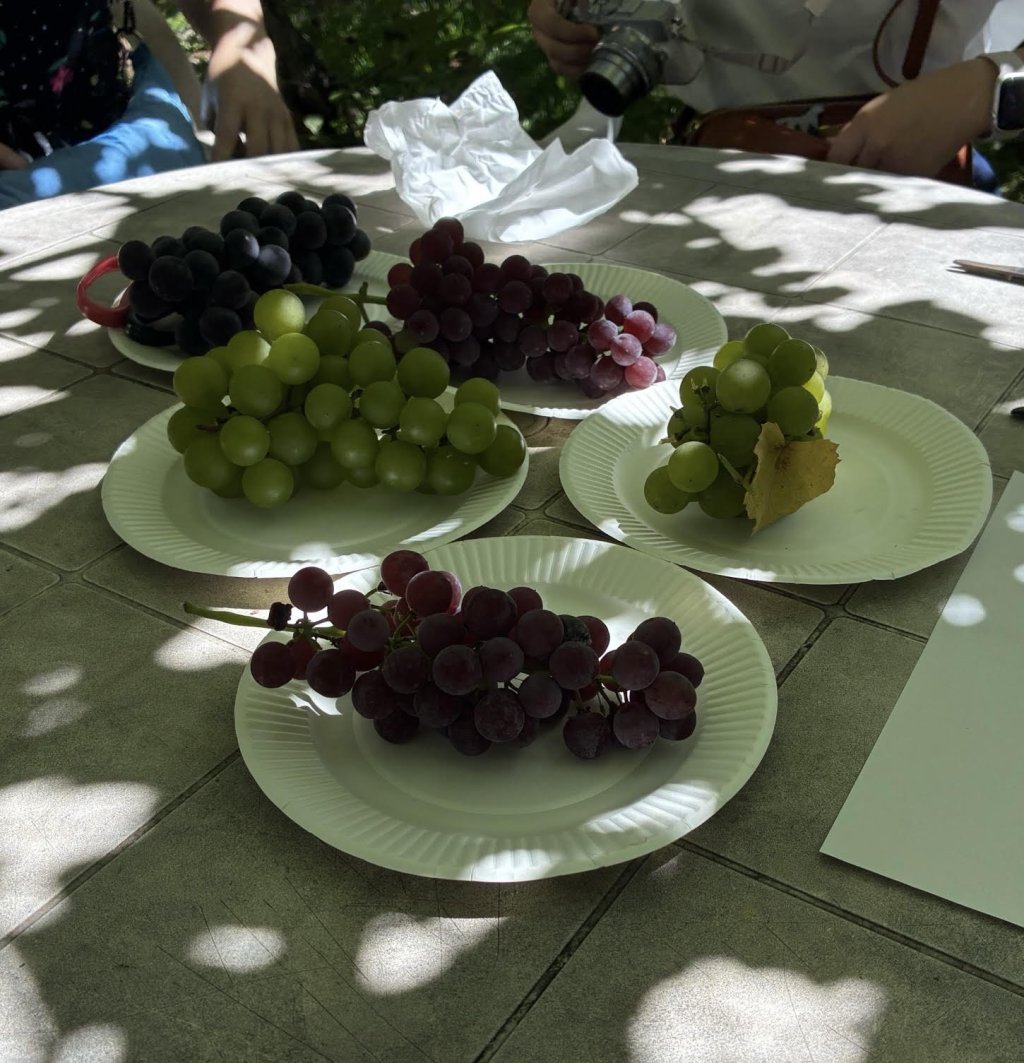2025 Student from Rheinische Friedrich-Wilhelms Universität Bonn: Clinical training at the Dept of Medicine (Gastroenterology, Nephrology)
Name: Selina Hölzel
Home Institution/ Country: Rheinische Friedrich-Wilhelms Universität Bonn / Germany
Year of university: 6th
Designated department at Shinshu University: Medicine (Gastroenterology, Nephrology)
Training Period : from September 8 to October 19, 2025
Training: Clinical training
1. What made you come to train at Shinshu University School of Medicine, and how did you find the School through your stay?
After my previous training in the Department of Surgery at Shinshu University, I was thrilled to have the chance to return to Shinshu, this time to the Department of Internal Medicine. During the two months I spent back in Germany, I also trained in internal medicine (gastroenterology and hepatology), and I thought it would be a great opportunity to compare both the Japanese and German systems directly, one after another. It was great to meet new members of staff and to also see some of the doctors and students I had met during my previous stay again. Everyone was kind, welcoming, curious and always willing to explain things in detail, which made it easy to feel comfortable.
2. Please describe your training at the host department/lab.
My time was divided between Nephrology and Gastroenterology/Hepatology, which gave me a broad and interesting insight into internal medicine. In Nephrology, I learned about hemodialysis and observed the placement of a peritoneal dialysis catheter. I was taught how to perform renal ultrasound and was introduced to ongoing basic research and clinical studies at the department. I joined the outpatient clinic, observed kidney biopsies, and attended the weekly pathology meetings together with nephrologists and pathologists, which I found extremely interesting. I also joined a kidney transplantation board meeting and saw a PTA procedure. It was especially exciting to learn about some Japan specific therapies that do not exist in Germany. In Gastroenterology and Hepatology, I attended ultrasound and FibroScan screening sessions and observed several interventional procedures such as Radio Frequency Ablation and liver biopsy. I joined the daily ward rounds, learned a lot about endoscopy and ERCP, and had the chance to practice ERCP on a training model together with other students. In Germany, my work in gastroenterology and hepatology had focused more on ward management and daily hospital routines, so seeing so many procedures here in Japan was a great complement to my previous experience. Endoscopy in Japan is world famous, and I had the opportunity to observe many interventions such as endoscopic submucosal dissection, biopsies, and endoscopic ultrasound. Communication was mostly smooth, as many doctors had spent time abroad during postdoctoral or fellowship training, so English was not a problem, and whenever needed, someone was there to help.
3. What have you gained from your training and stay in Matsumoto, Japan?
Through this training, I gained a much more rounded view of medicine in Japan. During my previous stay in the Department of Surgery, I had already seen Japanese surgical practice, but experiencing also internal medicine gave me a broader perspective on how patient care is approached here. Outside of the hospital, I enjoyed my time in Matsumoto and Nagano very much. Since it was autumn, I could experience seasonal activities such as grape picking and hiking in the mountains to see some of the first こうよう (koyo), the beautiful fall foliage this region is famous for. It was harvest season in Nagano, so I saw a ripe rice field for the first time and learned about rice harvesting. I also discovered how そば (soba, buckwheat) is grown, which was very interesting since Nagano is well known for its delicious soba dishes.
4. How do you think you can apply those experiences to your future career?
Through this training, I learned a lot about internal medicine, which will be very valuable for my future career. Experiencing Japanese treatments that do not exist in Germany encouraged me to think more creatively and to consider a wider range of approaches to patient care. It showed me that being aware of different medical strategies and practices can be useful in unexpected situations and may provide new ideas or perspectives in the future. Seeing research performed in a university clinic setting also reminded me of the importance of questioning the status quo and critically evaluating current practices. This experience confirmed that I want to contribute to improving medicine in my own career, both through clinical work and by engaging with research, to make a meaningful impact on patient care.
5. Advice to those interested in studying at Shinshu University.
I can highly recommend Shinshu University to anyone who is thinking about doing clinical training abroad. The teaching is excellent, the doctors and students are friendly and supportive, and the international office is always well organized and available to help. Even without fluent Japanese, you will be included in discussions and clinical activities, as many doctors speak English and are very open to international students. Before I came to Shinshu University, I did not know much about the university or the Nagano region, but now it has become a place I will never forget. The mix of professional growth, kind people, and beautiful surroundings made my time here truly memorable. I encourage everyone to come and make their own experience, it is something you will always carry with you.





